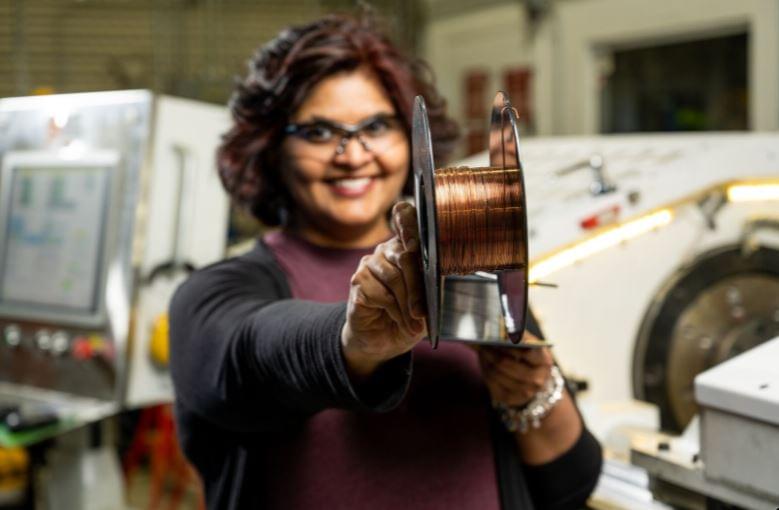As the cofounder of Google DeepMind, Shane Legg is driving one of the greatest transformations in history: the development of artificial general intelligence (AGI). He envisions a system with human-like intelligence that would be exponentially smarter than today’s AI, with limitless possibilities and applications. In conversation with head of TED Chris Anderson, Legg explores the evolution of AGI, what the world might look like when it arrives — and how to ensure it’s built safely and ethically.
If you love watching TED Talks like this one, become a TED Member to support our mission of spreading ideas: https://ted.com/membership.
Follow TED!
Twitter: / tedtalks.
Instagram: / ted.
Facebook: / ted.
LinkedIn: / ted-conferences.
TikTok: / tedtoks.
The TED Talks channel features talks, performances and original series from the world’s leading thinkers and doers. Subscribe to our channel for videos on Technology, Entertainment and Design — plus science, business, global issues, the arts and more. Visit https://TED.com to get our entire library of TED Talks, transcripts, translations, personalized talk recommendations and more.
Watch more: https://go.ted.com/shanelegg.








